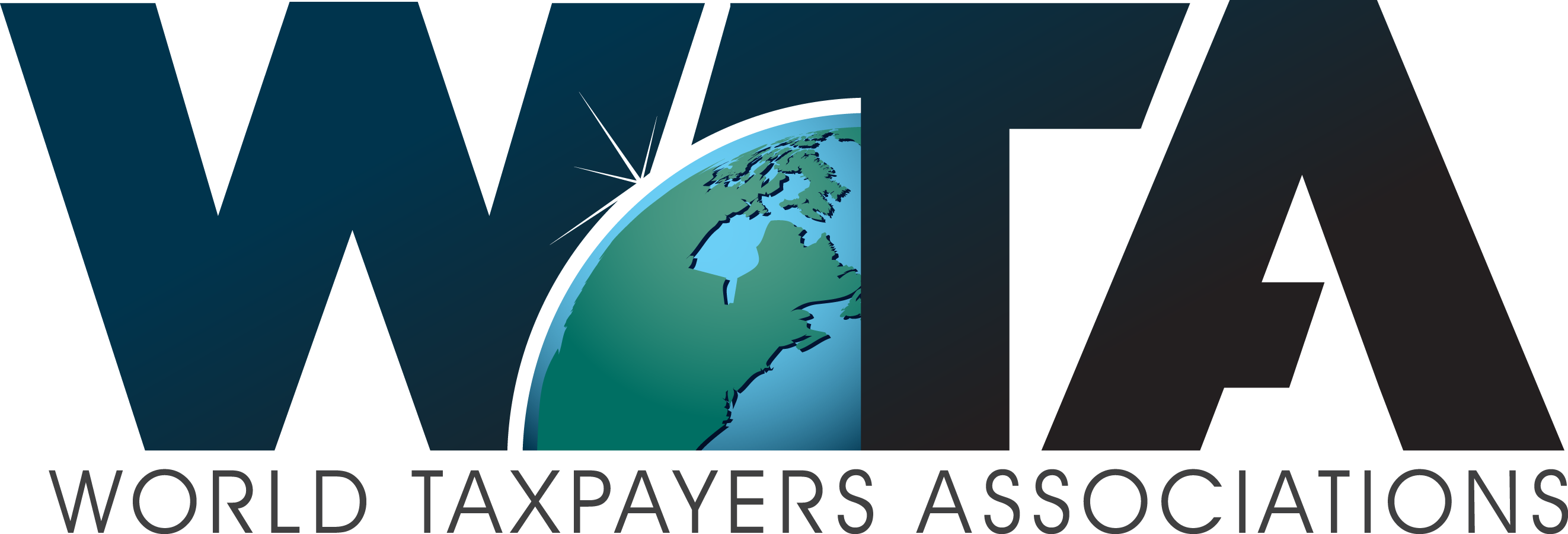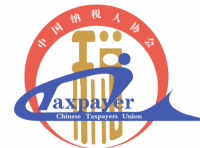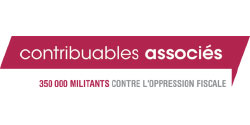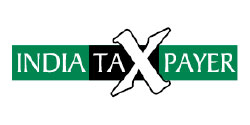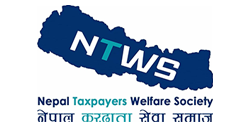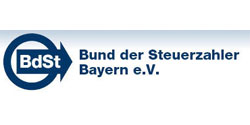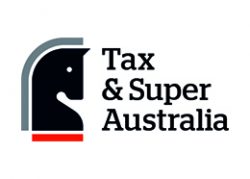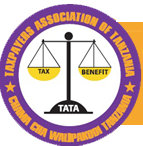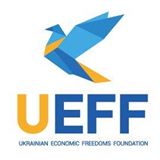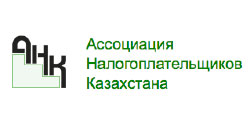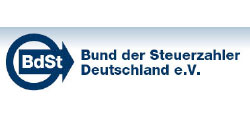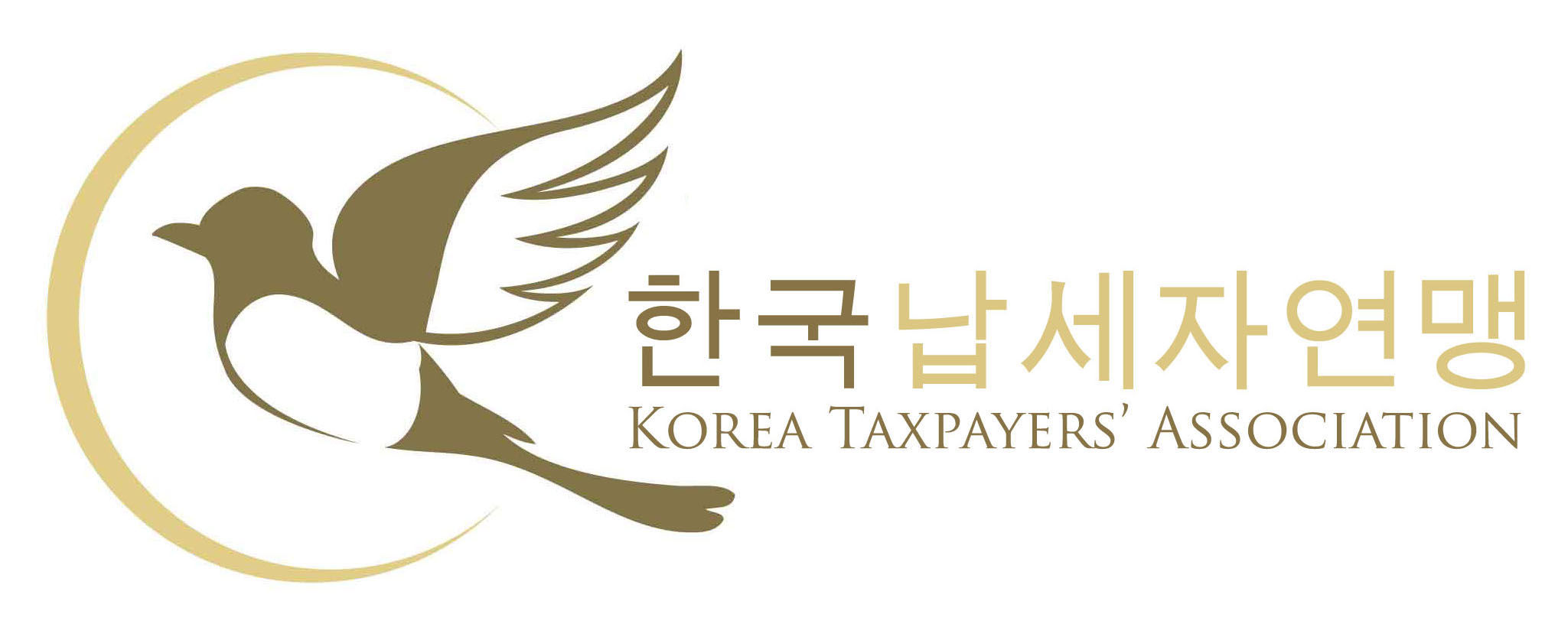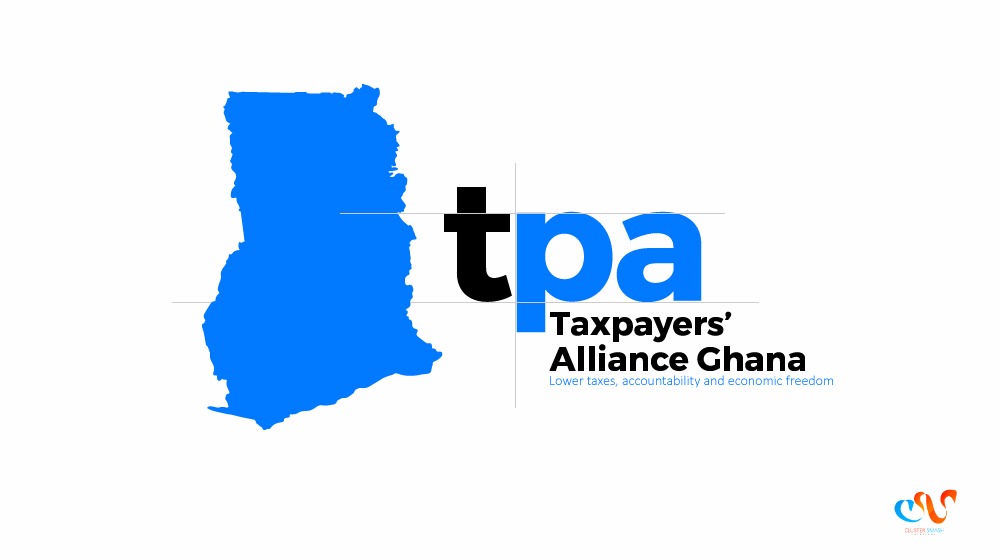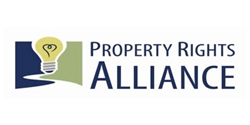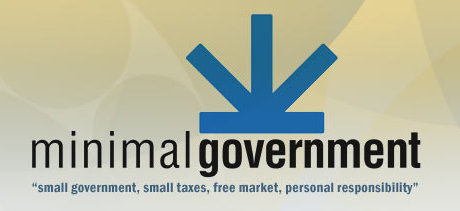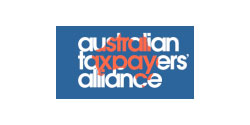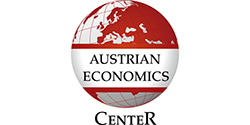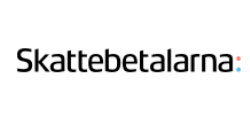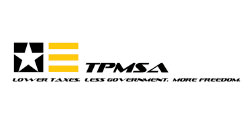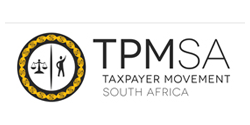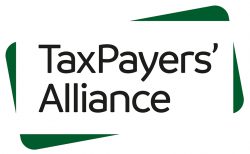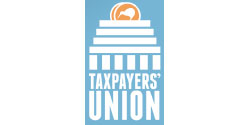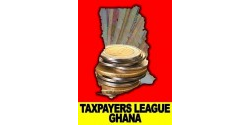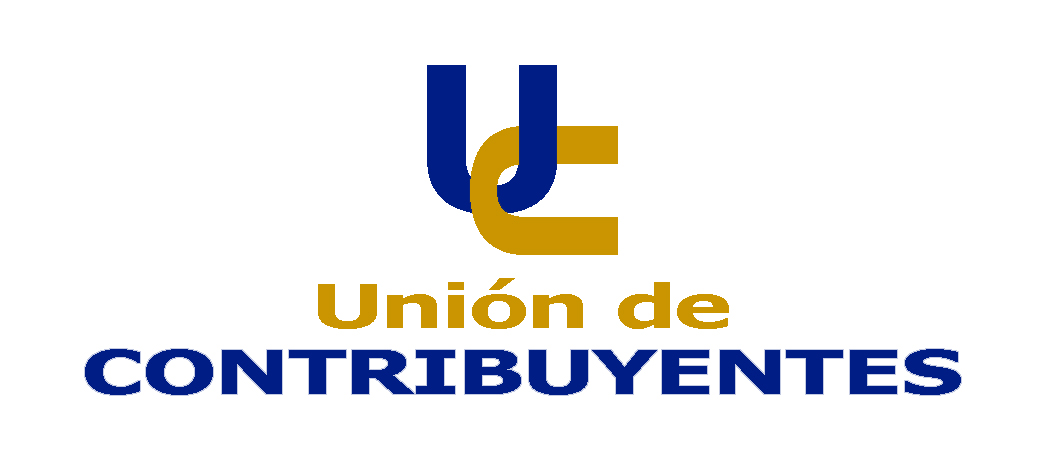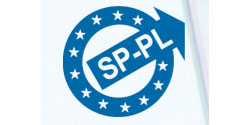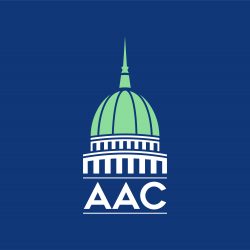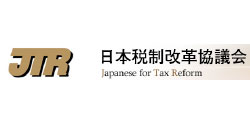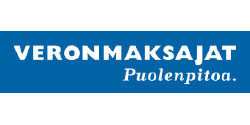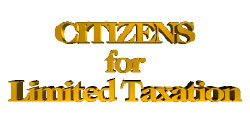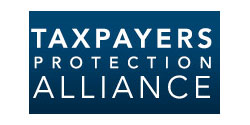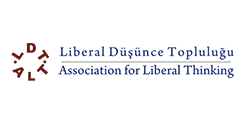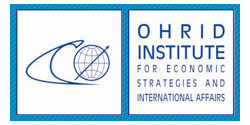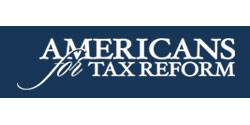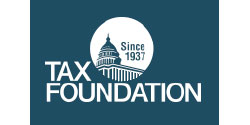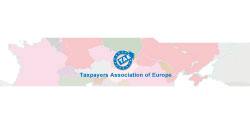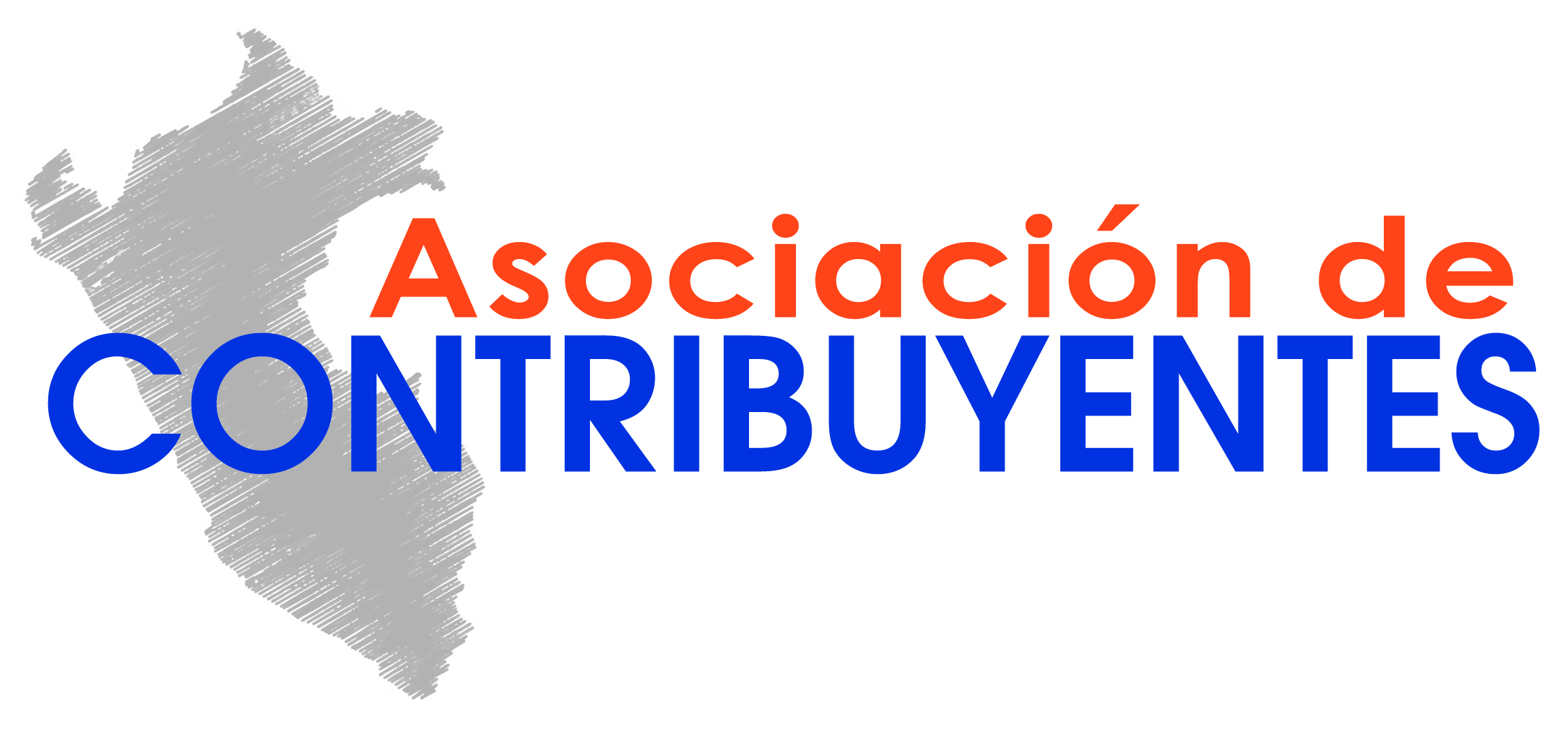WTA Chairman’s Update #10
Dear WTA members, observers and friends:
I’m pleased to circulate the latest newsletter, which contains a wealth of activity and achievement. It’s heartening to see that WTA members continued the fight for taxpayers in their countries during a tricky few years.
And now that things have opened up again, look out for further announcements for in-person events in the near future.
Please visit our website and our Facebook group and tell everyone about what you’re up to. Stay in touch with me and our fantastic Secretary General Cristina Berechet so that we can showcase your work in this newsletter and inspire our network more broadly.
Best wishes,
John O’Connell
Chairman and President, World Taxpayers Associations
Chief Executive, TaxPayers’ Alliance
E-mail | john.oconnell@worldtaxpayers.org
Past WTA Events
Taxpayers Regional Forum for Europe and South Africa on September 17th, 2021
The fourth WTA-sponsored Virtual Taxpayers Regional Forum of 2021 took place via Zoom on September 17th. 18 delegates from 14 countries joined the fourth Regional Taxpayers Forum of 2021.
Attendees shared ideas on tax and policy reform, with a special focus on the implications of the OECD’s global minimum tax. Thank you to everyone who participated.

Next WTA Events
Look out for further announcements soon about online and in-person WTA events.
Member News:
EUROPE/ SWEDEN: European Resource Bank Meeting 2022
The European Resource Bank Meeting 2022 took place in Stockholm. The ERB teamed up with Svensk Tidskrift and Skattebetalarna, the Swedish Taxpayers Organization. I was delighted to join the event and as ever, there was a good mix of best practice sessions and policy discussion.

Skattebetalarna put on an excellent event, following on from what was their 100th anniversary last year. One of the first taxpayer groups on the planet, they remain a real inspiration to us in the network.
As mentioned, the event was held in conjunction with the European Resource Bank, which is one of the largest annual conferences of think tanks in Europe. It gathers representatives from dozens of European think tanks, scholars, policy experts, elected officials and other parties interested in the debate over strategies and problems posed to the European economies and the future of individual liberty in Europe.
ARGENTINA: Asociación Argentina de Contribuyentes visits Argentine Congress
Jonas David and colleagues were joined by Atlas Network’s Tom Palmer to tour the Argentine Congress. They were invited to the National Congress by the Deputies Tito Stefani and Virginia Cornejo and talked about the need to generate a low-tax tax system that is the basis for progress and general well-being.

FINLAND: Tax Freedom Day was June 8th
According to the Taxpayers’ Association of Finland, the total tax burden in Finland is estimated to be 42.7 percent of GDP, including national taxes, municipal and ecclesiastical, consumption taxes, and social security contributions.
According to the Taxpayers’ Association of Finland’s CEO, Teemu Lehtinen, Tax Freedom Day is a reminder that the overall level of taxation in Finland is already too high and in the future, a reduction in the level of taxation must be achieved.
In 1981, when they started calculating Tax Freedom Day, the tax burden in Finland was 37.3 percent, close to the EU average. Back then, Tax Freedom Day fell in May, while in the early 80s Tax Freedom Day fell in early June. In the last century, Finland’s tax burden has been about 3 to 5 percentage points higher than the EU15 average.
Find out more on Finland’s Tax Freedom Day here. If you don’t calculate Tax Freedom Day in your country, it’s definitely worth considering. Indeed, here is Daniel Pryor for the UK’s Adam Smith Institute talking about the UK Tax Freedom Day, calculated by the Adam Smith Institute, on the BBC.
FRANCE: MP’s Ranking in France
Each year Contribuables Associes (the French Taxpayers Association) issues a ranking of MPs – this time a positive one, looking at those who support bills aimed at reducing public spending and taxes. Contribuables Associés rates the 577 deputies according to 19 bills and resolutions proposed or supported by Contribuables Associés, and 14 working meetings at the National Assembly organized by Contribuables Associés. Here is the list of the best MPs.
Find out more about this initiative here.

NEW ZEALAND: A Victory For Taxpayers: Fuel Tax Relief Extension
Responding to Budget 2022’s two-month extension of fuel tax and road user charge relief, New Zealand Taxpayers’ Union spokesman Louis Houlbrooke says:
“This is a small but significant victory for taxpayers and will save the average household an extra $124 over two months.”
Taxpayers Union “campaigned hard for the reduction in fuel tax by presenting commuters with the shocking truth that for many Kiwis, half of the money spent at the pump was going to Grant Robertson. However, the plan to hike the tax back up again was always questionable during a cost of living crisis.”
“Robertson deserves credit for seeing sense on fuel tax – at least for now. If he doesn’t get the cost of living under control in the next two months, he’ll just have kicked his fuel tax problem down the road.”

Point of sale campaign materials, such as the above sticker on fuel pumps across NZ, make a big impact. They let taxpayers know about the tax they are about to face at the point of payment – when it is most painful!
CANADA: Big Win Against Trudeau’s Anti-Pipeline Law
The Canadian Taxpayers Federation celebrates the Alberta Court of Appeal’s decision that the federal government’s Impact Assessment Act is unconstitutional. The CTF was an official intervener in the court case against the legislation.
“The court decision against Ottawa’s No More Pipelines Law is a big win for taxpayers,” said Franco Terrazzano, Federal Director of the CTF. “We need to be able to develop Canadian resources to create jobs and get our neighbours back to work, and we also need these projects to help us pay for hospitals, schools, and lower taxes.”
The CTF calculated that the pipeline deficit could cost taxpayers across the country $12.8 billion between 2013 and 2023 by reducing the federal government’s revenue. That means a lack of pipelines could cost each province and territory at least one new hospital between 2013 and 2023.
“Resource projects help pay the bills and when they aren’t able to generate that revenue, politicians start looking to families to fill the budget gap,” said Terrazzano.“Taxpayers are being dragged further into debt because politicians are road blocking Canadian resource projects and this court ruling makes it clear those legal obstructions are unconstitutional”.
Teddy Awards for Government Waste
The Canadian Taxpayers Federation hosted its 24th annual Teddy Waste Awards ceremony celebrating the best of the worst in government waste uncovered over the past year.
The Teddy, a pig-shaped trophy the CTF annually awards to governments’ worst waste offenders, is named after Ted Weatherill, a former federal appointee who was fired in 1999 for submitting a raft of dubious expense claims, including a $700 lunch for two. This year’s winners include:
- Municipal Teddy Winner: Thompson-Nicola Regional District’s former chief administrative officer Sukh Gill. Gill spent more than $500,000 over five years on high-priced meals at restaurants, jewelry for staff, and nearly $9,000 to rent a champagne room in Whistler during a municipal conference.
- Provincial Teddy Winner: Investissement Quebec. Investissement Quebec gave $380 million to the Airbus A220 project, formerly known as the Bombardier C-Series. Back in 2015, the Crown corporation put $1.3 billion into Bombardier’s C-Series in exchange for partial ownership. The $1.3-billion investment is now worthless, according to the latest annual report.
- Federal Teddy Winner: National Capital Commission. It cost about $11 million to renovate the prime minister’s country retreat, Harrington Lake. Included within the tab is a $2.5-million backup cottage for the prime minister and more than $700,000 spent renovating the lake house’s kitchen.
- Lifetime Achievement Teddy: Canada’s climate delegations. Canada sent 276 delegates to the United Nation’s COP26 in Glasgow, which was the largest G7 delegation and even bigger than the delegation from the host country, the United Kingdom. The cost of Canada’s COP26 delegation is estimated at over $1 million. Finance Minister Chrystia Freeland stayed in the wrong city and paid $3,000 for a luxury chauffeur service between Edinburg and Glasgow. In 2019, Canada sent the second-largest G20 delegation to COP25 in Madrid, Spain. That cost taxpayers $683,278.
You can find the backgrounder on all the 2022 Teddy Award nominees and winners here.

EUROPE: European Taxpayers’ Association TAE Calls for Clear and Sustainable Fiscal Rules for the Euro Zone
The central fiscal rules for the eurozone – the Stability and Growth Pact – were adopted 25 years ago. The aim of the pact was and is to prevent budget deficits in the EU member states and to support the harmonization of economic conditions. The results of the 25th anniversary are sobering for the Taxpayers Association of Europe (TAE), states President Rolf von Hohenhau. The rules that the countries have set for themselves are not being applied consistently:
Neither the upper limit for government debt of 60 percent of gross domestic product (GDP) nor the new borrowing limit of a maximum of 3 percent of GDP are being observed. And this has been proven not just since the beginning of the Corona pandemic in 2020. The result: The debt of the eurozone is currently just under 100 percent. Large nations such as Italy, Spain, and France now have national debts of 151, 118, and 113 percent, and thus well above the 60 percent criterion of the Stability and Growth Pact. But Germany, too, clearly breaks this limit with over 70 percent.
Since 1997, the pact has been softened several times, exceptions have been made and this has made it unnecessarily complicated. The EU Commission, which is responsible for compliance with the Stability and Growth Pact, has allowed budget violations far too often. As a result, the pact has degenerated into a toothless tiger which furthermore is currently on hold due to the fallout from the 2020 pandemic. Accordingly, the Euro countries have lost their fiscal framework.
The Taxpayers’ Association warns: The Stability and Growth Pact must be reactivated as quickly as possible in order to not let government debt in the eurozone get out of hand! Further, the European Taxpayers’ Association demands that the debt supervisory authority, namely the EU Commission, fulfill its original duty, monitor compliance with the requirements effectively, and consequently sanction violations consistently. All in all, the pact must be converted into a clear and sustainable set of rules with a ”bite”, so that the state budgets and economies of the eurozone will again be in a better position than they are today! Future generations will thank us!
Download the press release here.
THE UNITED KINGDOM: Policy Wins for Taxpayers in the UK
TaxPayers’ Alliance achieved a huge victory for taxpayers at the end of November as UK’s government announced that it would scrap the eastern leg of high-speed rail project HS2. The long-awaited Integrated Rail Plan showed that money will be repurposed to improve rail connectivity in the Midlands and North of England.
This is something the TaxPayers‘ Alliance has long called for since their 2019 publication, The Great British Transport Competition. HS2 has been a complete disaster with costs soaring, timescales slipping and billions of pounds wasted. At long last ministers have heeded TPA’s calls and taken a step in the right direction, replacing a part of this pie-in-the-sky project with hundreds of transport upgrades. The government is right to reallocate money to regional rail connectivity which should bring real benefits for millions of Brits.
TPA’s Wins in the Queen’s Speech
TPA’s work was also evident in the annual Queen’s Speech. It shows that TPA needs to keep fighting on the big fiscal picture – because it can make a difference. The TPA is getting things done and change things for the better.
Here are some of the wins.
- Non-Domestic Rating Bill. Shortening the business rates revaluation cycle from five to three years from 2023.TPA has been campaigning for reforms to business rates for years now, including shortening the revaluation cycle in its response to the HM Treasury consultation on business rates. This will ensure the rate is more closely aligned to current market conditions, creating a fairer system for businesses.
- Media Bill. Enabling a change of ownership of Channel 4 so it can continue to thrive and grow its impact for years to come as part of the wider public service broadcasting system. In October 2021, amid growing discontent with the state of public service broadcasting, TPA proposed bold reforms to the whole model, including scrapping the license fee alongside the sale of Channel 4 and part of the BBC. Alongside recent announcements regarding the end of the TV tax, the government committed to the sale of Channel 4 – unshackling the broadcaster from taxpayers and potentially raising billions of pounds in the process.
- Procurement Bill. Enshrining in law the objectives of public procurement include: delivering value for money, maximising public benefit, treating suppliers equally and without discrimination, and acting, and being seen to act, with integrity. TPA has been calling for the government to deliver value for money in procurement since its inception, calling out waste in procurement wherever it finds it. TPA’s research on public procurement provided a number of steps that could be taken to increase efficiency and save money for taxpayers.
- Boycotts, Divestment, and Sanctions Bill. Ensuring that public bodies conduct procurement and investment activities in line with official government measures on both policy and sanctions. TPA has been calling out publicly-funded bodies for inappropriate political activity since 2009 and started a specific “Clean Up The State” campaign in February 2020.
- Leveling Up and Regeneration Bill. Relaxing regulations to ensure everyone can continue to benefit from al fresco dining. In June 2020 TPA proposed abolishing a package of 20 regulations to generate growth, including allowing cafes, restaurants, and pubs to use nearby parking spaces and parks for tables.
New Research and the Campaign “Come Clean on Green” revealed the Cost of Air Source Heat Pumps
TPA’s latest research has revealed the astronomical cost of upgrading existing gas boilers with air source heat pumps. As part of the government’s net-zero strategy, they could lumber households with bills of up to £18,000 each!
From April 2022 the UK government plans to provide grants of £5,000 to some households as a part of £450 million upgrade scheme in an attempt to subsidize and encourage the takeup of heat pumps.
But in an exclusive with the Sunday Telegraph, TPA revealed that if that grant were offered to Britain’s 23 million residential households (currently lacking a heat pump) the cost would be £115 billion.
With gas and oil boilers set to be banned by 2035, ministers are keen to get the British public onboard with their net-zero agenda. While cleaner energy is a laudable aim, the transition must not be done on the backs of families on the lowest incomes.
The TPA travelled to the picturesque market town of Bishop Auckland to get the public’s reaction. As you’ll see from the ‘vox pops’ it’s fair to say that many won’t be rushing to fork out for this new technology.
That’s why TPA is urging politicians to think carefully before any big decisions are made and come clean on the cost of green.

UNITED STATES: NTU Rates Congress
Every year the National Taxpayers Union rates U.S. Representatives and Senators on their actual votes—every vote that affects taxes, spending, and debt. Grades are given impartially, based on the Taxpayer Score. The Taxpayer Score measures the strength of support for reducing wasteful government spending, opposing higher taxes, and often opposing burdensome regulations that can stifle U.S. economic growth. In general, a higher score is better because it means a member of Congress voted to spend less money.
A high score does not mean that the member of Congress was opposed to all spending or all programs. High-scoring members have indicated that they would vote for many programs if the amount of spending were lower or if the spending was offset by cuts elsewhere in the budget. Indeed, a member who still wants to increase spending on some programs can achieve a high score if he or she votes for offsetting cuts. A zero score would indicate that the member of Congress approved every spending increase and opposed every pro-taxpayer reform.
Read here the full report of NTU Rates Congress for the first session of the 117th Congress.
WORLDWIDE: Free Market Road Show Celebrates its 15th Anniversary.
The Free Market Road Show 2022, The Freedom Variant, marked the 15th anniversary of the Free Market Road Show. For the first time since the outbreak of COVID-19, the Free Market Road Show took place again in person, as it was always meant to be. Over the past four months, leading think-tanks, scholars, business people, and policy experts had the opportunity to come together and discuss solutions to some of the most today’s pressing issues, such as individual freedom, democracy, monetary policy, innovation, trade, and supply chains, sustainability, geopolitics, and much more.

WORLDWIDE: Property Rights Alliance Releases its 2020 International Property Rights Index
Property Rights Alliance, in partnership with 122 think tanks, released the 2020 International Property Rights Index. The Index measures 129 countries to offer a comprehensive insight into the strength of physical property rights, intellectual property rights, and the legal and political environments that enforce them. Renowned economist Dr. Hernando De Soto said, “Property rights guarantee freedom and provide incentives allowing people to live and work for a purpose and not be locked out of the formal economy. Without an integrated formal property system, a modern market economy is inconceivable”.
Key Findings
Three countries — Finland, Switzerland, and Singapore — have achieved the highest property rights protections. Finland remains 1st overall in protection of property rights, with a score of 8. 654. While the trade war between China and the United States has drawn attention to the importance of intellectual property rights, the IP gap remains the same. The United States earned a score of 8.050, while China got a 6.045 score.
Lorenzo Montanari, Executive Director of Property Rights Alliance and Editor of the Index says that “during this pandemic time, now more than ever it is evident how innovation and intellectual property rights are playing an important role in finding solutions to Covid-19. Property Rights are not only one of the most important pillars of any free society but also human rights as stated in the art.17 of the U.N. Universal Declaration of Human Rights.”
For more information, click here.

WORLDWIDE: 106 Organizations along with the Property Rights Alliance Celebrate World IP Day
In celebration of World Intellectual Property Day, an international coalition of 106 organizations from 51 countries along with the Property Rights Alliance has launched an open letter addressed to the World Intellectual Property Organization’s Director-General Daren Tang highlighting WIPO’s 2022 theme: “IP & Youth: Innovating for a Better Future.”Strong intellectual property rights help to incentivize research, boost innovation, and support recovery efforts.
On the release, Executive Director of Property Rights Alliance Lorenzo Montanari stated, “We stand with intellectual property rights because we support innovation, creativity, and a free-market economy. Today more than ever, international organizations and governments across the world need to promote policies that recognize IP rights as a key contributor to innovation and defeating COVID-19. Strong IP keeps us safe.”
The full letter can be found here.
Publications
UNITED STATES: Tax Foundation Released the 2022 State Business Tax Climate Index
The Tax Foundation released the 19th edition of its State Business Tax Climate Index. The State Business Tax Climate Index is a measure of how well states structure their tax systems.
To do that, the Index analyses more than 120 variables in the five major areas of taxation—corporate taxes, individual income taxes, sales taxes, property taxes, and unemployment insurance taxes.
The result is a powerful tool for understanding how your state’s tax code compares and the steps it can take to cultivate a more competitive tax climate.
The evidence shows that states with the best tax systems will be the most competitive at attracting new businesses and most effective at generating economic and employment growth.
To read the full report click here.

SPAIN: Regional Tax Competitiveness Index
The Tax Foundation and the Foundation for the Advancement of Liberty launched the fifth edition of its Regional Tax Competitiveness Index. This report, inspired by the Tax Foundation’s State Business Tax Climate Index, measures and ranks all 19 tax authorities on their performance to reduce and simplify taxes in order to attract companies, residents, and employees.
The executive summary can be downloaded here.

WORLDWIDE: Tax Foundation Launches 2021 International Tax Competitiveness Index
The Tax Foundation released the 2021 International Tax Competitiveness Index, which compares developed countries on how well their tax system promotes sustainable economic growth and investment.
In 2021, the most competitive tax systems in the OECD:
1. Estonia
2. Latvia
3. New Zealand
4. Switzerland
5. Luxembourg
6. Lithuania
7. Czech Republic
8. Sweden
9. Australia
10. Norway
The least competitive tax systems in the OECD:
28. Denmark
29. Greece
30. Spain
31. Colombia
32. Iceland
33. Mexico
34. Portugal
35. France
36. Poland
37. Italy
Some context: While there are many factors which affect a country’s economic performance, the structure of a country’s tax code can play an important role in the health of a country’s economy.
A well-structured tax code (that’s both competitive and neutral) is easy for taxpayers to comply with and can promote economic development while raising sufficient revenue for a government’s priorities.
In contrast, poorly structured tax systems can be costly, distort economic decision-making, and harm domestic economies.
Forward-looking: The COVID-19 pandemic has led many countries to adopt temporary changes to their tax systems. Faced with revenue shortfalls from the downturn, countries will need to consider how to best structure their tax systems to foster both an economic recovery and raise revenue.
The Index is a trusted tool for taxpayers and policymakers alike. This unique resource:
- Gives a comprehensive overview of how developed countries’ tax codes compare
- Explains why certain tax codes stand out as good or bad models for reform
- Provides important insight into how to think about tax policy.
WORLDWIDE: Marginal Tax Rates and Economic Opportunity
A new report co-published by the Archbridge Institute and the Tax Foundation examines how the marginal tax wedge is relevant for understanding how workers might benefit (or not) from an increase in pay once taxes enter the picture.
The report finds that in some jurisdictions marginal tax wedges might deter workers from pursuing additional income and working extra hours. In 2021, at certain income levels, Canadian, French, and Italian workers lost up to 60, 93, and 116 percent of additional earnings to spikes in marginal tax rates from the provincial Canadian health-care premium, the French “contribution d’équilibre générale,” and Italian local income taxes.
Single parents with two children can face marginal tax wedges as high as 98 percent in the United States, 652 percent in Australia, and 359 percent in Japan. These marginal tax wedges are due to policies like the Earned Income Tax Credit and the 2021 Recovery Rebate Credit in the United States, Family Tax Benefit and the Parenting Payment in Australia, or the child-rearing allowance and child benefits in Japan. However, other jurisdictions, such as Finland, Australia, and Lithuania are better designed to avoid unnecessary tax spikes.
Download the report here.
Upcoming Atlas Network Events:
Africa Liberty Forum 2022
August 25-26, 2022
Online
Asia Liberty Forum 2022
September 29-30, 2022
Manila, Philippines
Atlas Liberty Forum and Freedom Dinner 2022
November 16 – 18, 2022
New York, New York
